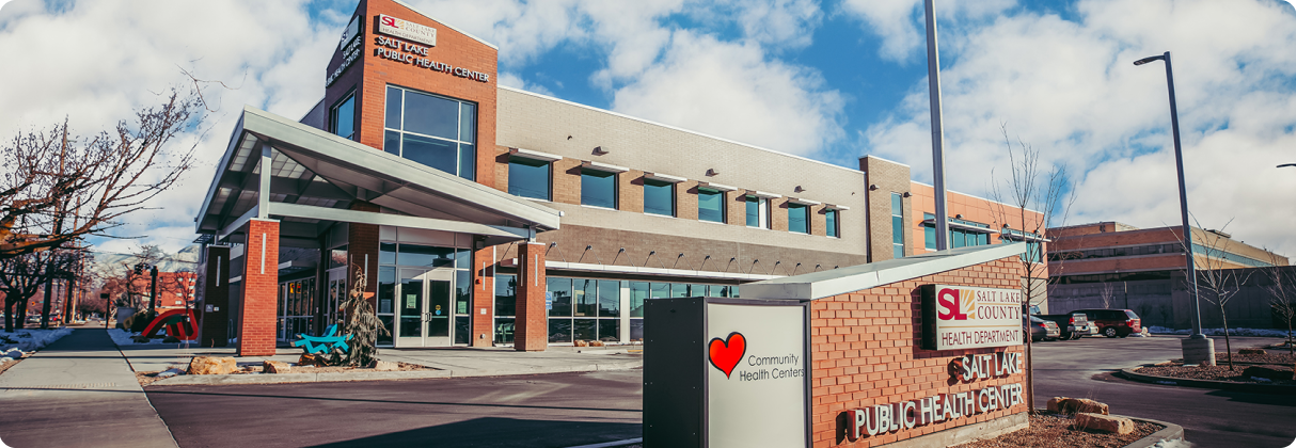Honey bees are a beloved part of Utah’s history, not only providing the state its nickname, but also helping drive its agricultural success. Healthy bee populations help to pollinate crops and are an integral part of any thriving biodiverse ecosystem. However, honey bee pests and diseases have the capacity to cause grave agricultural and ecological devastation. Diseases like American foulbrood can wipe out entire colonies.
In 1892, the first bee inspection act was passed in Utah. Beekeepers were able register their hives and bee inspectors would conduct apiary inspections to help beekeepers diagnose pest and disease issues in their hives. Bee inspectors could also communicate issues like American foulbrood outbreaks to beekeepers at risk.
Although these efforts have significantly reduced the spread of diseases and pests, bee inspections are still an important part of beekeeping. State and county bee inspectors help detect and mitigate problems like foulbrood, mites, and other threats to honey bees. This helps prevent pests or maladies from becoming an epidemic, provides stability to the beekeeping industry, and ensures that bees will be available to crop growers for pollination services.



